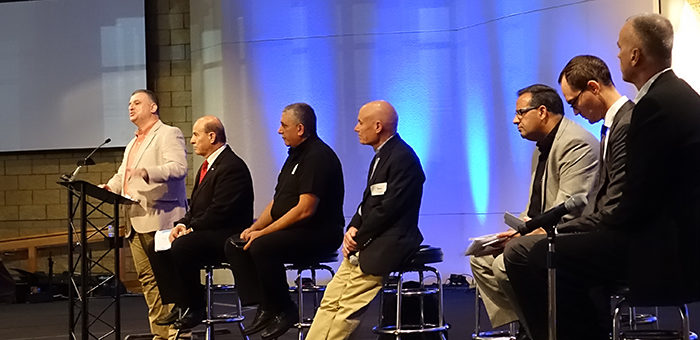While the majority of Americans believe that the Cuba embargo should remain in place, evangelical leaders indicate they prefer the opposite. According to the March 2010 Evangelical Leaders Survey, 63 percent said the United States should lift its Cuba embargo.
This contrasts with a BBC/Harris Poll released March 2, which showed that 40 percent of Americans say the Cuba embargo should remain in place while 36 percent want it ended.
The embargo’s impact on the poor, its failure to influence the leadership in Cuba toward greater openness and respect for human rights, and the potential benefit the lift would have on the spread of the gospel are the primary reasons evangelical leaders support the embargo’s end.
Jerry Dykstra, Executive Director for the Christian Reformed Church of North America, said, “For more than 50 years, the embargo against Cuba has done little to bring freedom, hope, or change to Cuba. It is time to open the door to open trade and visitation. Perhaps opening the door to commerce will open the door once again to the gospel.”
The 34 percent of evangelical leaders who support the current embargo shared concerns for the poor in Cuba, but stressed the value of the embargo’s symbolic nature for religious liberty and against the oppression of communism. In particular, the leaders noted with dismay the continuing abuses of basic human rights and religious persecution as major concerns with the current regime.
Leith Anderson, President of the National Association of Evangelicals, said, “American evangelicals have a special interest in Cuba because of the large and rapid increase in the number of evangelical churches and believers there over the past decade. We are saddened by economic suffering among Cubans but delight in the spiritual awakening God has brought. The majority of our polled leaders think that lifting the embargo is what is best for the future of all Cubans.”
The Evangelical Leaders Survey is a monthly poll of the Board of Directors of the National Association of Evangelicals. They include the CEOs of denominations and representatives of a broad array of evangelical organizations including missions, universities, publishers and churches.



 View All Surveys
View All Surveys 


























